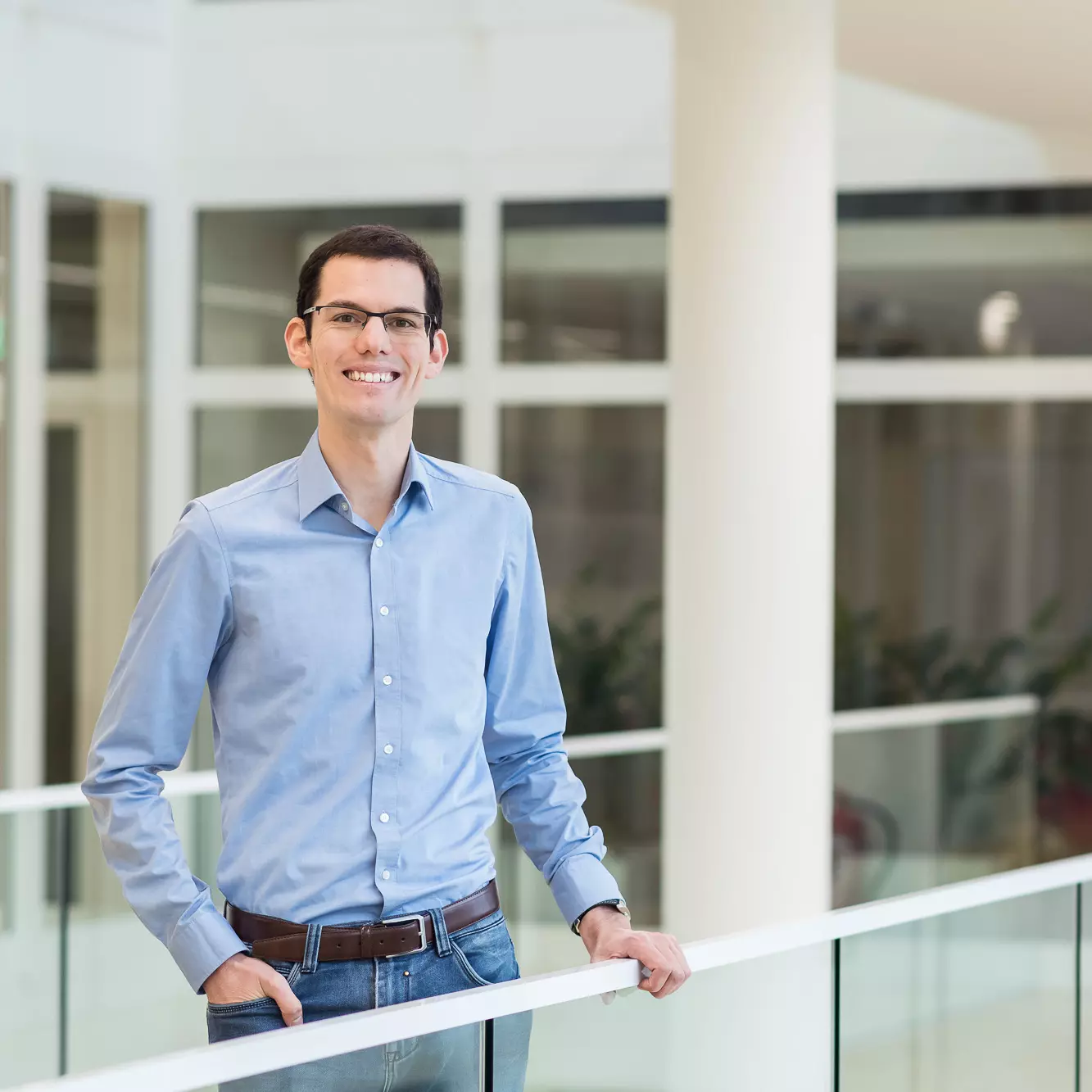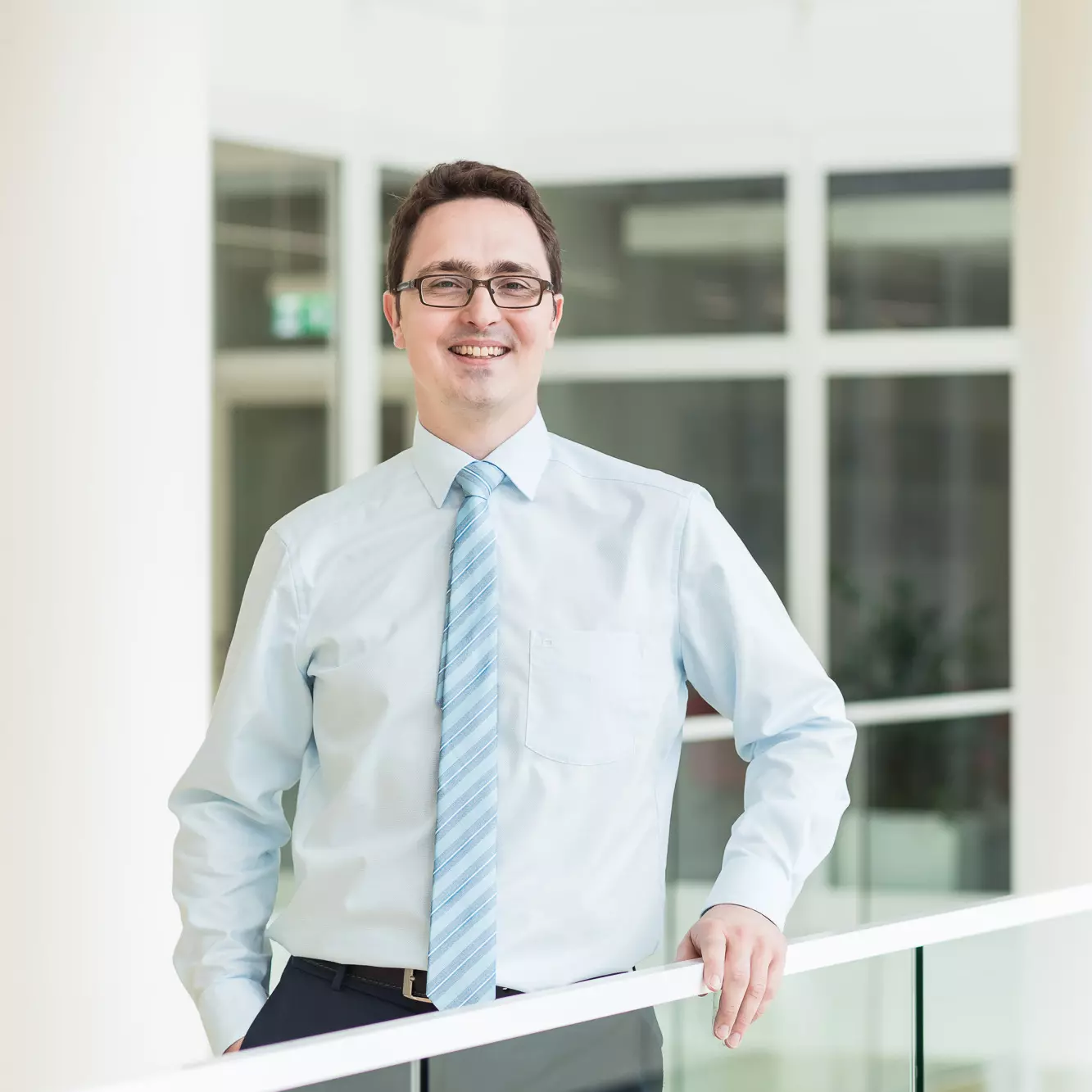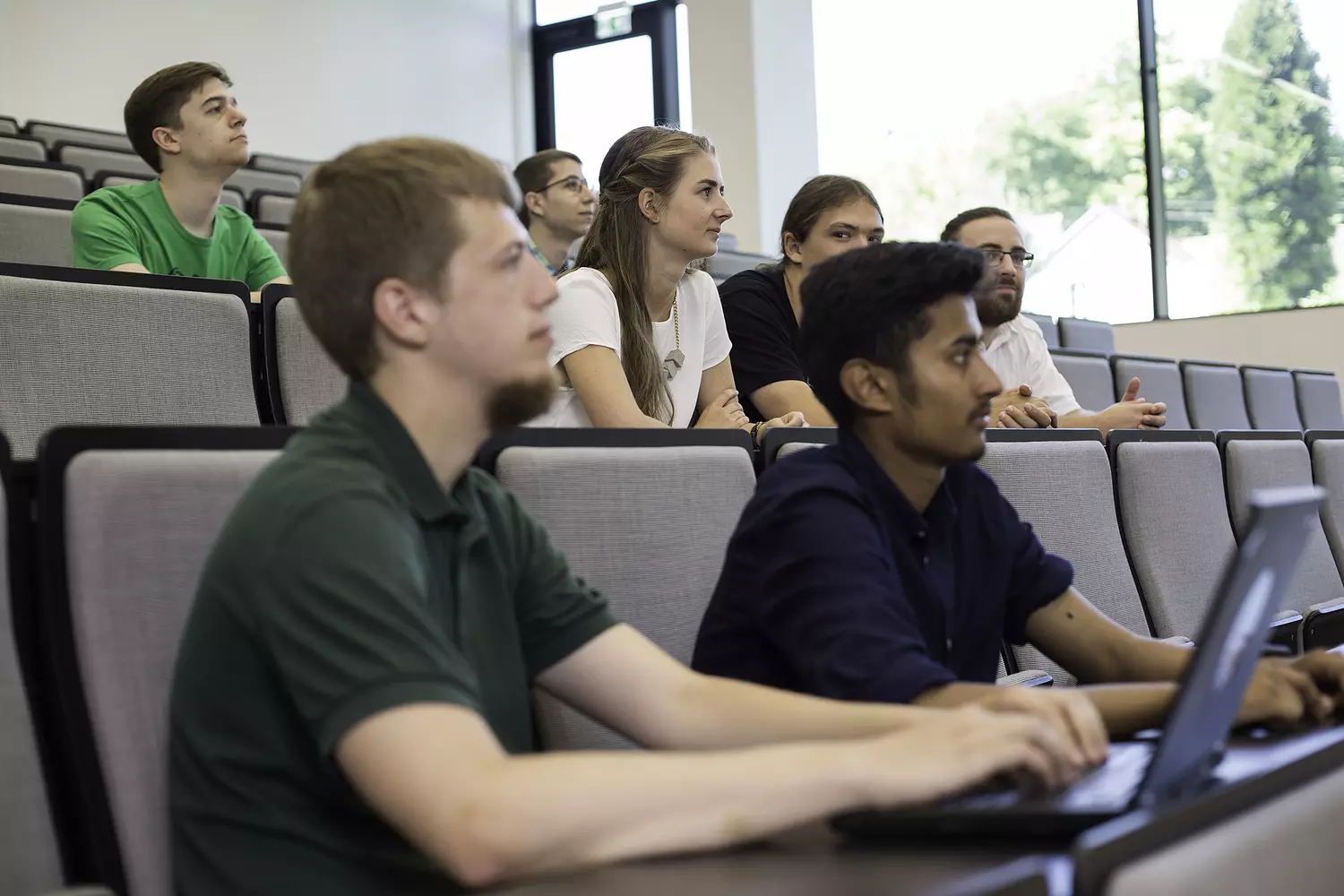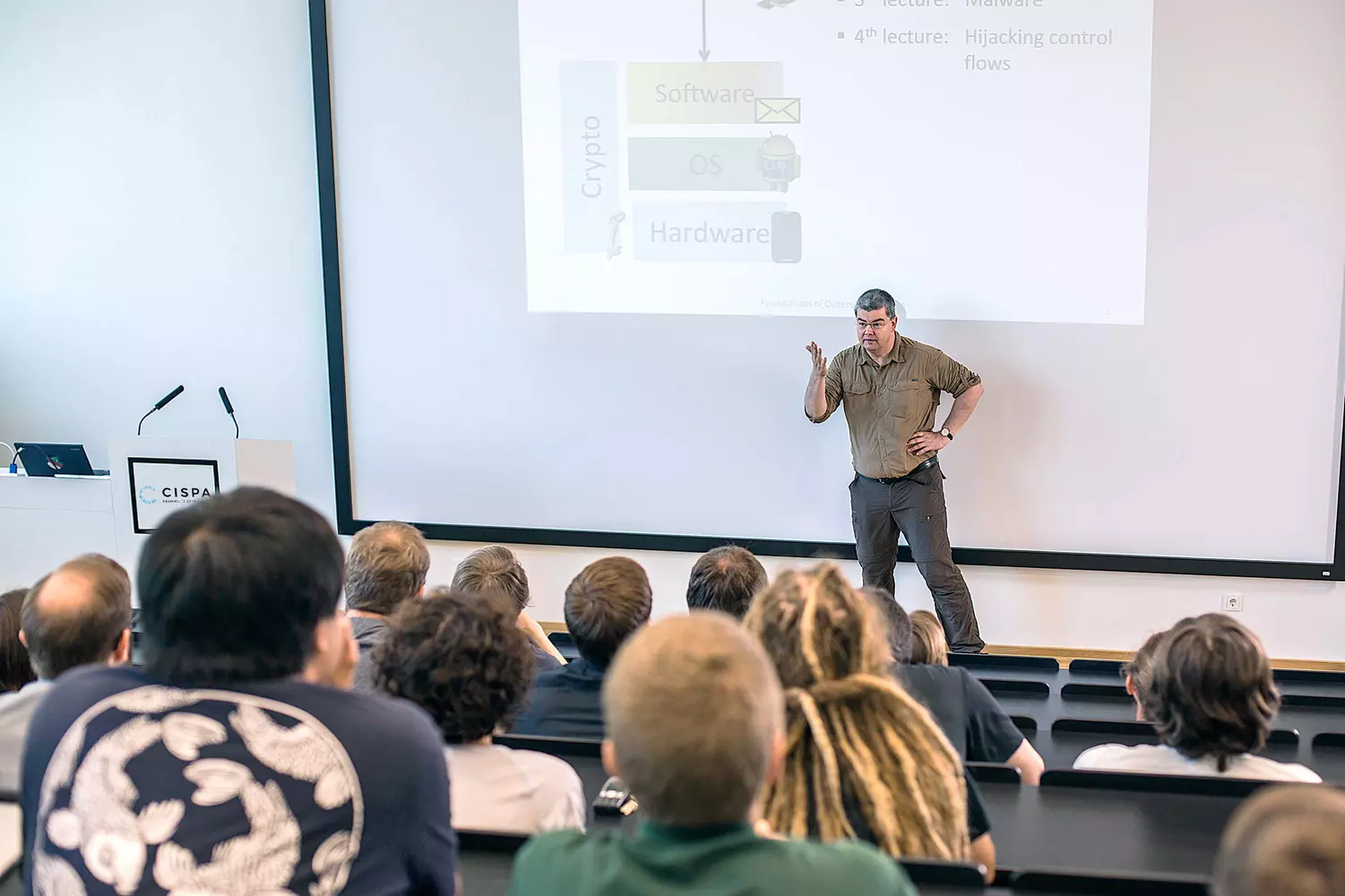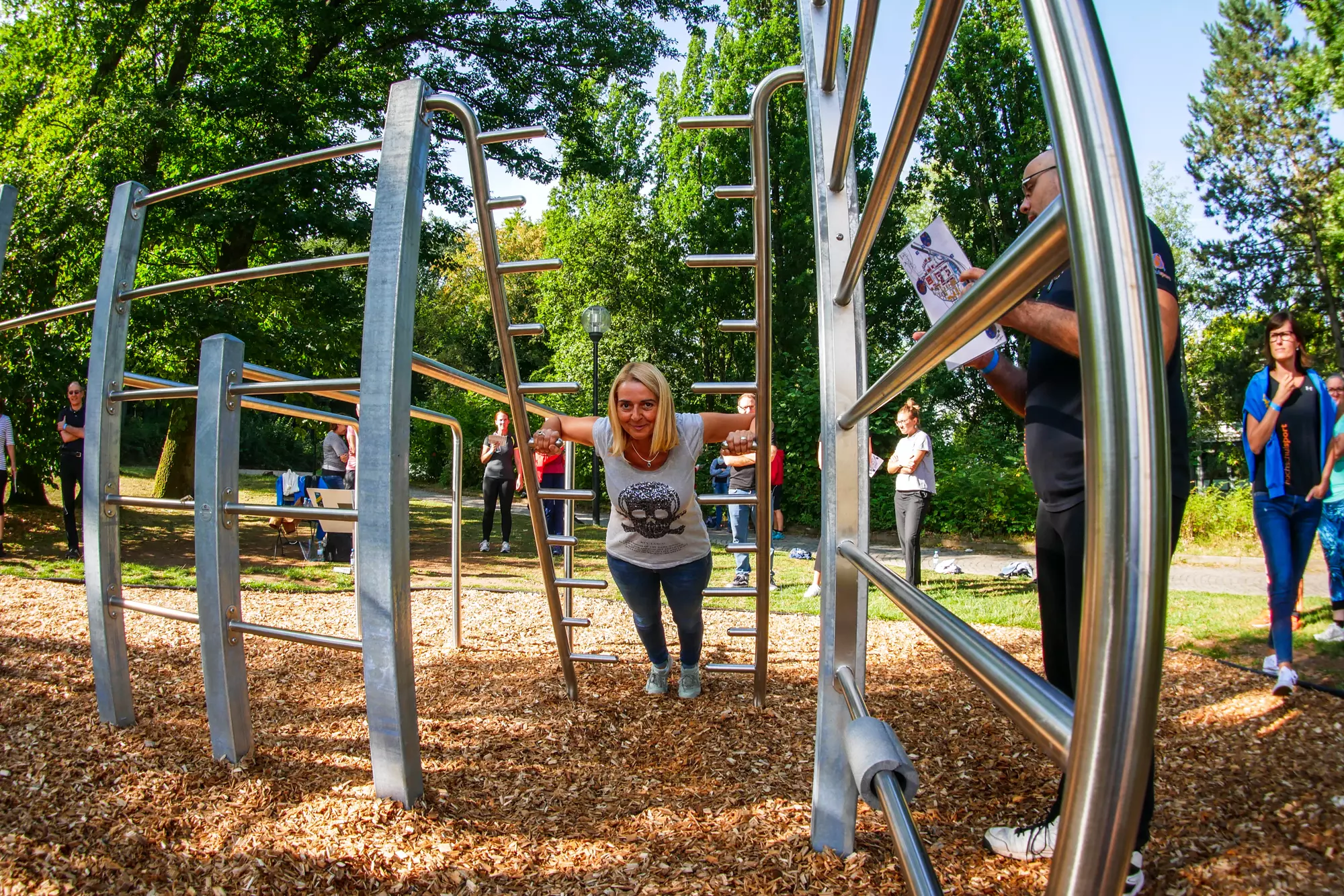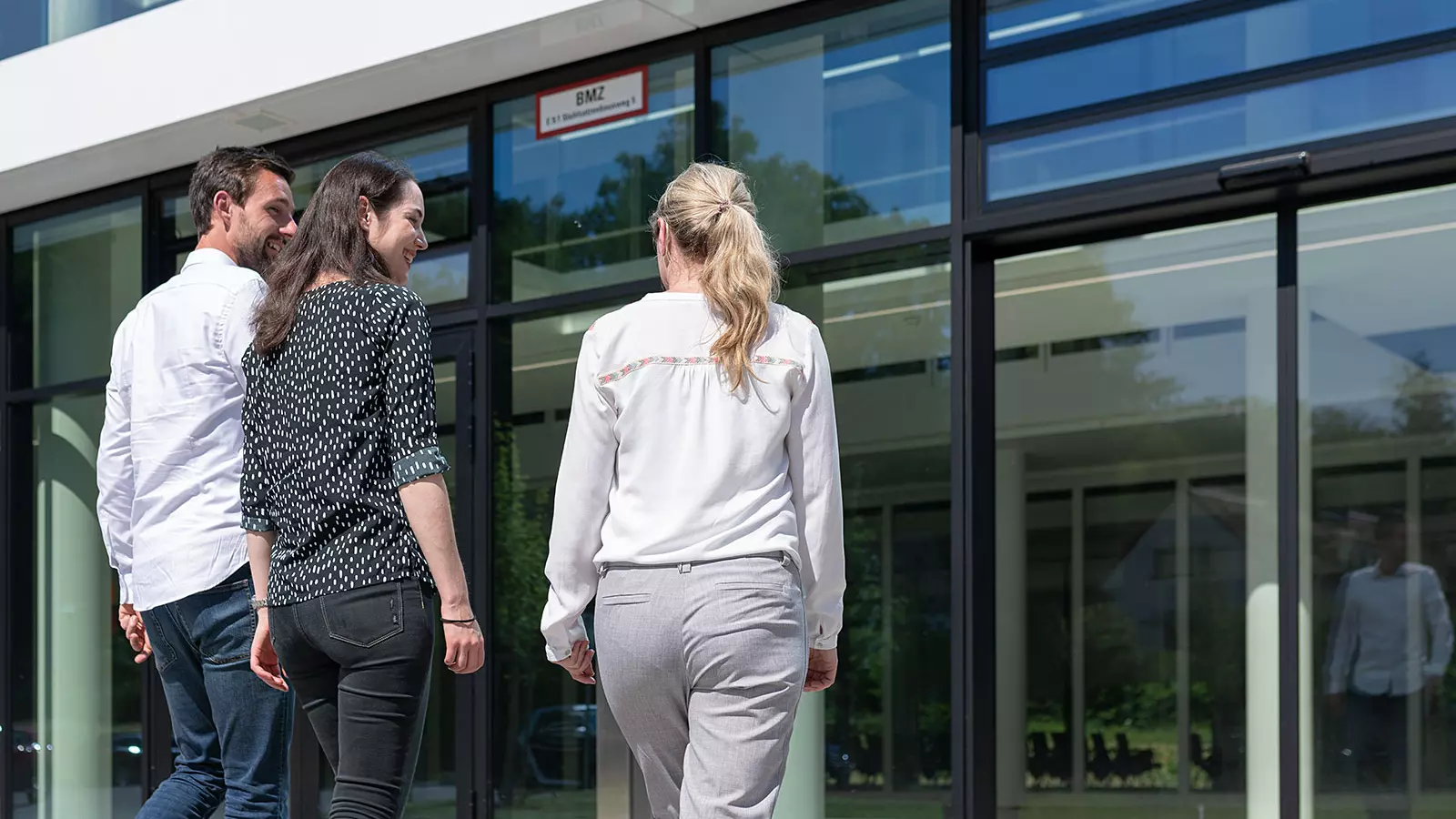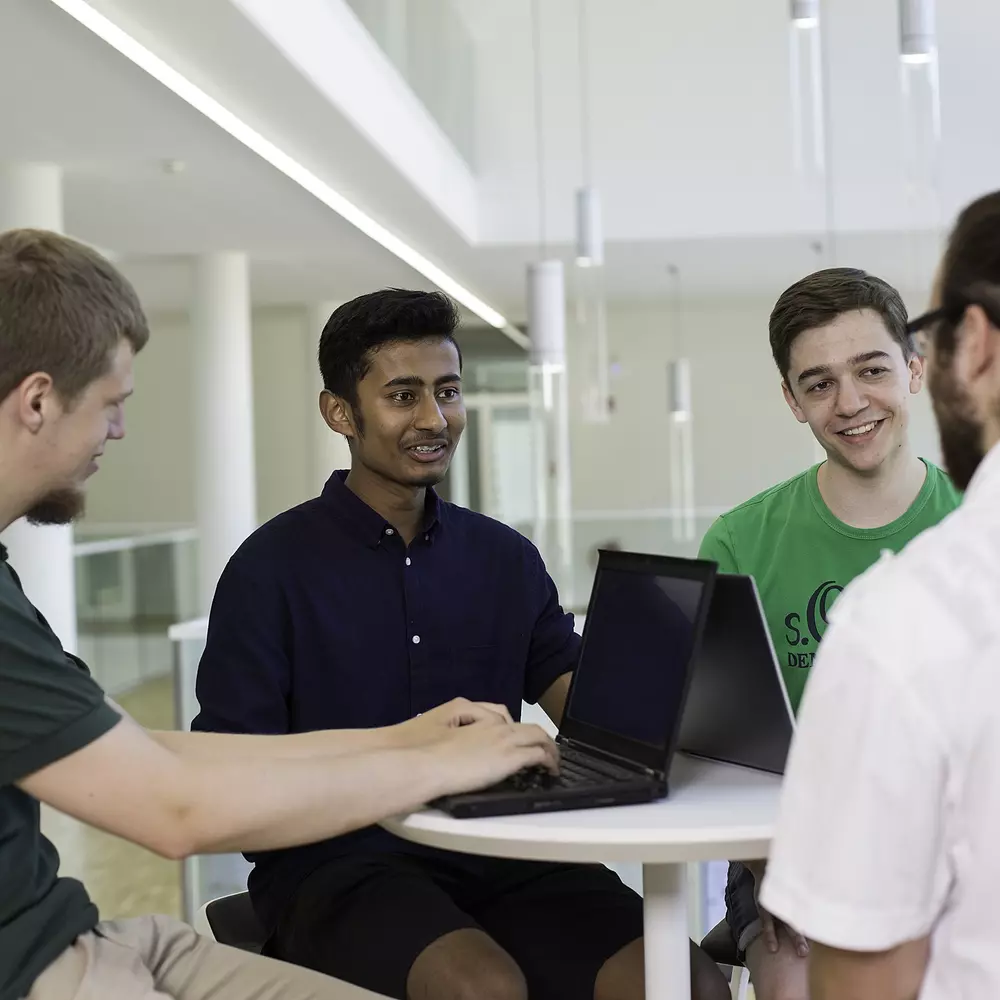
Cybersecurity
Master of Science
Solving the challenges of today
and providing security for tomorrow.
Cybersecurity
Master of Science

Solving the challenges of today and providing security for tomorrow.
Cybersecurity (M.Sc.) at Saarland University
Please check our FAQCybersecurity Master of Science
The Master’s Course Cybersecurity will prepare students for a career in research and industry alike. Students have the opportunity to choose their specialization in the areas of Cryptography, Privacy, Software Security, Systems and Networks, Formal Methods or legal aspects of Cybersecurity directly fueled by state-of-the-art research at CISPA Helmholtz Center for Information Security, while continuing related topics in Computer Science. This program is equally suited for students who completed a Bachelor’s Degree in Computer Science, Cybersecurity or a similar area, a Bachelor in Cybersecurity is not mandatory. The program is designed for 4 semesters and you can equally start your studies in winter or summer semester.
Application Deadlines
Semester
Semester
Students are admitted to our program twice per year. For any winter semester starting in October, please apply via the Online Application Portal of Saarland University until May 15. For any summer semester starting in April, please apply until November 15.
Meet your Lecturers
Requirements
Program Details and Example Schedules
What's a typical day as a Cybersecurity student like?
During your studies, you will not only attend lectures, but solve exercises and follow tutorials and
other projects with fellow students, which are highly relevant when finding your specialization or research
direction later on.
Make sure you consider this when estimating your workload and planning your schedule. This is what
an example day could look like:
- a lecture in the morning (8:30 AM - 10 AM)
- work on projects/assignments with fellow students (10 AM - 1 PM)
- lunch break (1 PM - 2 PM)
- attend tutorials (2 PM - 4 PM)
- follow up morning lectures, reading list (4 PM - 5 PM)
- work on projects and exercise sheets (5 PM - 6 PM)
Prepare your stay at Saarland University
About CISPA
The CISPA − Helmholtz Center for Information Security is a German national Big Science Institution within
the Helmholtz Association. Its research agenda comprises all aspects of Information Security.
With its ongoing growth, CISPA will have the critical mass of researchers (500+) to provide a
comprehensive, holistic treatment of the pressing grand cybersecurity and privacy research challenges
that our society faces in the age of digitalization. CISPA seeks to play a prominent international role
on research, transfer, and innovation by combining cutting-edge, often disruptive foundational research
with innovative application-oriented research, corresponding technology transfer, and societal outreach.
Thematically, it strives to cover the full spectrum from theory to empirical research. It is deeply
grounded in computer science and works interdisciplinarily with researchers in adjacent
fields such as medicine, law, and the social sciences.
